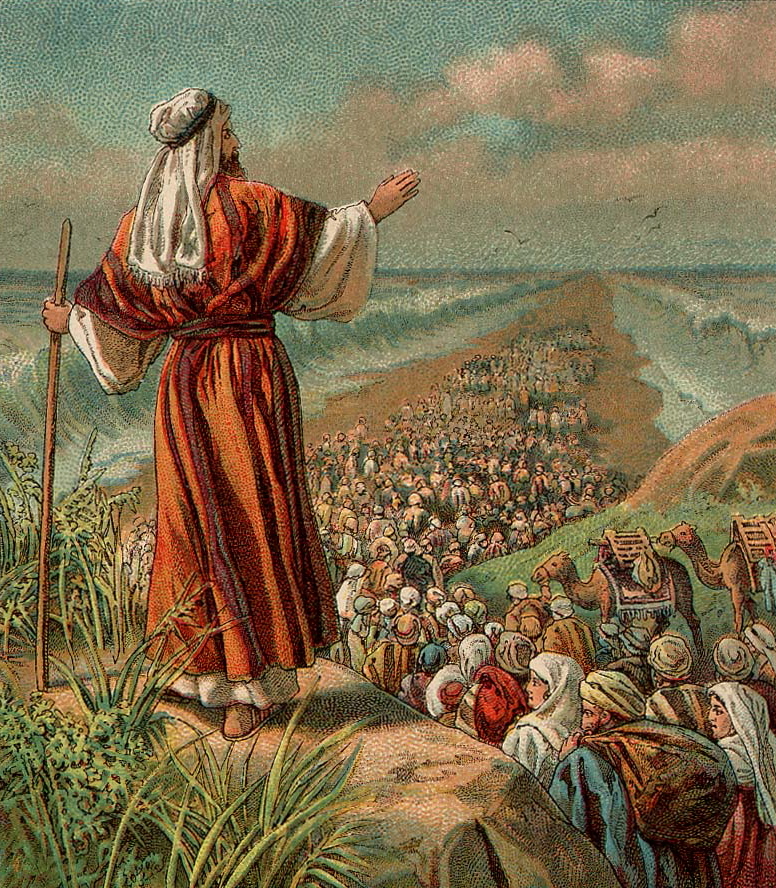By guest author Majed Ashy, Ph.D.

From the time of…
- Moses, who helped guide the Israelis out of slavery and oppression to freedom, to
- Jesus, who preached equality and love and changed the whole human understanding of power structures, to
- Mohammad, who fought tyranny and oppression in Arabia and preached for justice and human dignity …
… one can see that these religions were in some ways revolutions, forces against existing oppressive power structures and traditions.
No doubt, some of the followers of religions established their own oppressive power structures and committed violence, but violence and oppression can be committed by non-religious as well as religious individuals and forces.
What did any religion have to do with the 20 million people killed in WWI, or the 60 million killed in WWII? With Vietnam, Korean, or Japanese wars, the Cambodian or Rwandan genocides, or the dropping of the nuclear bombs over Japanese civilians? Or the oppression and killing of millions in Russia and Eastern Europe by Stalin and other dictators, or the oppression committed by military dictators in the Middle East, Africa, Europe, Latin America, among many others?
Linking violence to one religion or another reflects:
- Selective attention and reading of the history of violence and oppression that existed before and after any of these religions were established
- Overlooking the role of religions and religious people in fighting oppression and contributing to humans’ well being in many areas of life
- A dangerous way of offering unexamined answers that feed popular cultural prejudices and fears
- A simplification of the problem of human violence,l which transcends race, culture, or religion
Instead of falsely attributing violence to religion, we need a serious scholarly non-ideological discussion to find the real roots of violence and the way toward greater peace.
To achieve peace, we need courage to look in the mirror and see our own faults before we point fingers at others, and we need courage in our struggle to be fair — even with those with whom we disagree.
Dr. Majed Ashy, assistant professor of psychology at Merrimack College and research fellow in psychiatry at McLean Hospital/Harvard Medical School


